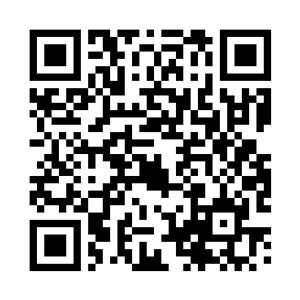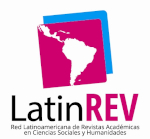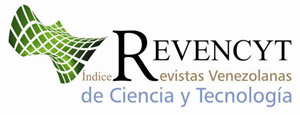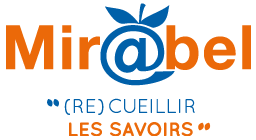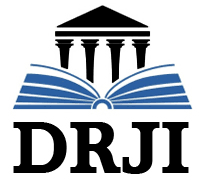Theoretical-experiential approach to knowledge management in transcomplex cyber communities
Keywords:
knowledge management, cybercommunities, transcomplexityAbstract
An appropriate knowledge management must be guided to guarantee a proper application of knowledge in the search for solutions to the critical knots that are observed in each individual's operating environment. The opening to technological learning scenarios, which enhance the interaction processes of people, promoting spaces to share information and knowledge. Thus, transcomplexity must be an emerging element of knowledge management in technological environments and an experiential construct in the actions of members of virtual communities. The experiences of this manuscript come from the review of bibliographic and electronic documents, the purpose of which is to share a tour of relevant aspects of knowledge management in virtual environments, assuming the postulates of Nonaka and Takeuchi (1999) and the transcomplex perspective as a new paradigm of construction of knowledge. An experiential approach to a cybercommunity that allows Knowledge Management from the Cross-Complex Interconnection is highlighted, a course designed for the UPEL postgraduate degree. The methodology used is a documentary review which allowed a tour of the theorists who contribute on knowledge management that could be contextualized in an analogous way in transcomplex technological environments.
Downloads
References
Balza, A. (2013). Pensar la Investigación Doctoral desde una perspectiva transcompleja. Red de Investigadores de la Transcomplejidad. Venezuela: REDIT.
Casquero, O. (2013). PLE: Una perspectiva tecnológica. En L. Castañeda y J. Adell (Eds.). Entornos personales de aprendizaje: claves para el ecosistema educativo en red 71-84. Alcoy: Marfil. http://www.um.es/ple/libro
Coll, C. y Monereo, C. (2007). Psicología de la Educación Virtual. Madrid: Morata.
Fontalvo, T., Quejada, R. y Puello, J. (2011). La gestión del Conocimiento y los Procesos de mejoramiento. http://mba.americaeconomia.com/sites/mba.americaeconomia.com/files/gestion_conocimiento.pdf
Gil, R. (2008) Hacia una pedagogía del conocimiento. Colombia: Ediciones Mc. Graw Hill.
Gutiérrez, O., Pérez, T. y Rojas, A. (2006). Alfabetización Tecnológica de los Profesores Universitarios de Venezuela. Maracaibo: Omnia.
McAnally, L. y Organista, J. (2007). La educación en línea y la capacidad de innovación y cambio de las instituciones de educación. https://www.researchgate.net/publication/260553648_La_educacion_en_linea_y_la_capacidad_de_innovacion_y_cambio_de_las_instituciones_de_educacion
Montero, A. (2016). Significados Cognitivos, sociales y afectivos de las comunidades virtuales de aprendizaje: Una visión intersubjetiva desde la UPEL-IPB. Tesis Doctoral No Publicada. Universidad Pedagógica Experimental Libertador. Barquisimeto. (UPEL-IPB).
Nagles, N (2017). La gestión del conocimiento en escenarios virtuales. https://www.researchgate.net/publication/318283273_La_gestion_del_conocimiento_en_escenarios_virtuales
Navarro, K., Romero, E., Bauza, R., y Granadillo, B. (2006). Estudio sobre la gestión Tecnológica y del Conocimiento en una Organización Creadora de Conocimiento. http://produccioncientificaluz.org/index.php/rvg/article/view/10436
Nonaka I. Takeuchi, H. (1999). La organización creadora de conocimiento. https://eva.fcs.edu.uy/pluginfile.php/86017/mod_resource/content/1/Nonaka%20y%20Takeuchi_cap%203.pdf
Prusak, L., (2000). Administrar el conocimiento: problemas e implicaciones. En: Cortada J.W., et ál. (Eds.). La era del trabajo en redes. Como lo hacen IBM y otras compañías México: Oxford UniversityPress.
Serradell, E. y Pérez, J. (2014). La gestión del conocimiento en la nueva economía. https://www.researchgate.net/publication/255625443_La_gestion_del_conocimiento_en_la_nueva_economia
Schavino, N. y Villegas, C. (2012). De la teoría a la praxis en el enfoque integrador transcomplejo. https://www.adeepra.org.ar/congresos/Congreso%20IBEROAMERICANO/EIC/R0721_Schavino.pdf
Published
How to Cite
Issue
Section
License

This work is licensed under a Creative Commons Attribution-NonCommercial-ShareAlike 4.0 International License.





